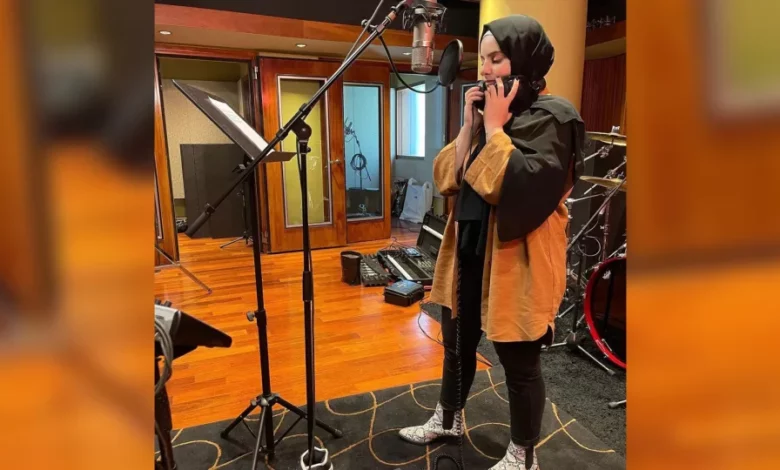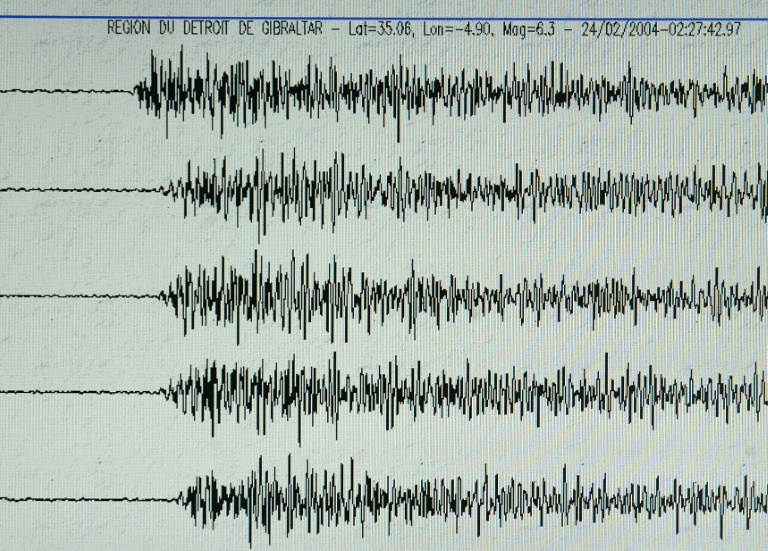
The Frequencies of Peace lullaby project is the work of neuroscientists and music therapy application Spiritune aimed at Syrian children.
Ghaliaa Chaker, a Syrian singer based in Dubai, wrote and recorded the lullaby in Arabic. The 24-year-old was used to writing songs, but never a lullaby. She says the subject pulled her in.
“Writing a lullaby never crossed my mind. But the thing that influenced me was the topic. To be able to help Syrian kids and refugees,” Chaker told CNN.
The initiative combines music therapy and clinical research from neuroscientists at New York University and Stanford University. It identifies musical characteristics that trigger emotions in the brain to induce and improve sleep.
Chaker says it was difficult to get the lullaby right.
“It was back and forth with the neuroscientists. We were working on specific frequencies for the song because we wanted it to be easy for the kids,” she told CNN, adding that they didn’t want it to be too emotional or too happy.
Syria’s civil war began in 2011, leaving thousands of Syrians exiled and displaced, and others lacking access to food and shelter. According to UNICEF, around 5 million children need help coping with the effects of war.
This has been exacerbated by the 7.8 magnitude earthquake that hit Syria and Turkey on February 6 which killed over 7,000 people in Syria.
Therapy app Spiritune, which uses scientifically backed methods for therapy through music, provided scientific guidelines for musical composition, with help from neuroscientist Daniel Bowling, CEO Jamie Pabst told CNN.
Bowling, a neuroscientist at Stanford University, said studies have shown that simple melodies can calm children, adding that the lullaby campaign includes familiar elements – such as the Arabic language – which can help regulate the nervous system.
Chaker said she hopes the lullaby eases the memory of the violence Syrian children faced over the past decade. “It’s impossible to say that a song will make them forget anything,” she told CNN. “But we’re all hoping that trauma is a bit less harsh than it already is.”




